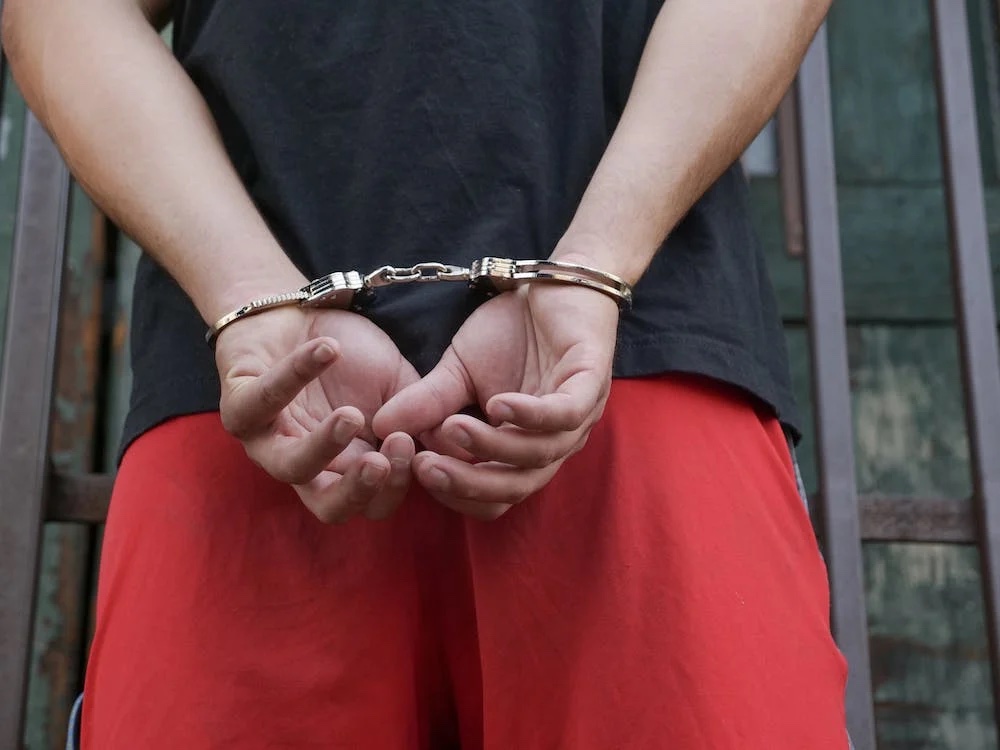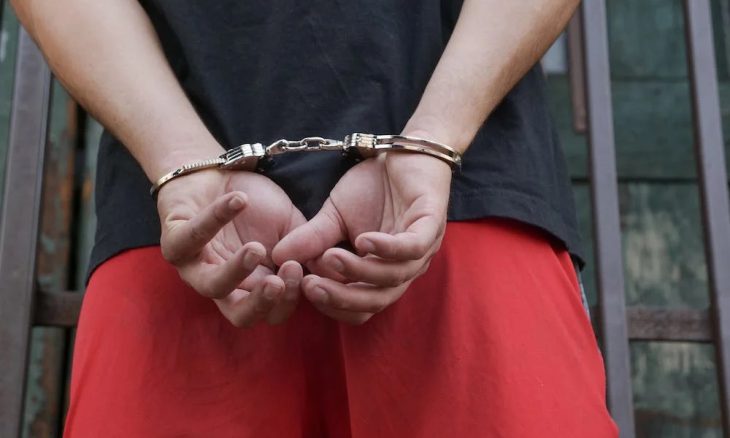Crime is a Concern of Voters

On October 5, the FBI released its 2021 Crime in the Nation Report, which is typically the most comprehensive snapshot of crime in the United States. However, only 63 percent of the nation’s more than 18,000 law enforcement agencies submitted data for 2021—which the FBI says is the lowest report rate since 1979. Only 52 percent of all agencies submitted a full year’s worth of data, the FBI said.
Participation is voluntary and several of the largest police departments in the nation, including the LAPD and NYPD, did not submit any data at all to the FBI last year. This brought agency participation in data collection to its lowest level in decades.
More than three-quarters of voters believe violent crime is a major problem in the U.S. This would explain why the issue has become a key to the battle for control of Congress in the midterm elections, according to a Politico/Morning Consult poll released October 5.
Without a full complement of data, it is unclear how useful the FBI release is. Richard Rosenfeld, a criminologist and professor at the University of Missouri-St. Louis, said, “We are currently in a period in which there’s significant concern with crime, and violent crime in particular. So this is exactly the wrong time to be producing crime statistics that are so significantly based on estimates.”
There has also been a shift in crime rates. For the past two years, murders and shootings increased in the U.S., while many other types of crime remained flat or went down. So far in 2022, those trends have reversed. While murder rates have declined, the rise of street crime in many parts of the country has created problems and anxiety.
Street crime is often broken up into different types and can include acts that occur in both public and private spaces, as well as interpersonal violence and property crime. According to one state Bureau of Justice, street crime can include violent crimes such as homicide, rape, assault, robbery, and arson. Street crime also includes property crimes such as larceny, arson, breaking and entering, burglary, and motor vehicle theft. Drug crimes and human trafficking often fall under the larger umbrella of street crime.
Several jurisdictions across the nation, including some of the largest cities, have adopted what has become known as “soft on crime” policies. The trend to sentence criminals to as little jail time as possible is often justified as a rehabilitative effort. But many criminals are only emboldened by the lack of consequences for their crimes. Leniency can create more danger as civilians become less safe.
Many progressive jurisdictions have adopted “bail reform.” Originally, under Amendment Eight of the Constitution’s Bill of Rights, bail was designed to ensure people return to court to face charges against them. Poorer Americans may be unable to afford to raise money for bail, leaving them incarcerated in jail awaiting trial, sometimes for months or even years. Meanwhile, people in better economic shape who are accused of the same crime can buy their freedom and return home. Bail levels may also be set too high for the level of the offense charged. Judges and prosecutors have had great discretion in setting high or low bail.
The Supreme Court has repeatedly rejected constitutional challenges to the use of money bail in the U.S. This extent to which arguments can be made against its use today are ordinarily policy questions, not legal or constitutional issues. Nonetheless, reformers are taking their arguments to court, misconstruing judicial precedent, and misrepresenting facts and history as a bid to see cash bail declared unconstitutional.
Judicial reform and bail reform have led to progressive prosecutors and judges reducing or eliminating cash bail. Many of these jurisdictions are now experiencing spikes in violent crime. Groups like the Heritage Foundation say that these policies “encourage lawlessness, harm law-abiding residents (especially minorities), drive businesses out of cities, and demoralize the police by treating them like criminals.”
Prosecutors are the gatekeepers to the criminal justice system. There are two principles on which soft-on-crime prosecutors operate: first, that the entire criminal justice system is racist, and, second, that the only way to address this racism is to reverse-engineer and dismantle the current system. However, prosecutors have a duty to enforce the law and to do so fairly, compassionately, and without bias. It should not be a political issue: Either one supports law and order and equality under the law or backs a radical social experiment. The latter has so far led to increased societal chaos and trouble.
Our Lord is the God of Justice. Leviticus 19:15 states, “You shall do no injustice in court You shall not be partial to the poor or defer to the great, but in righteousness shall you judge your neighbor.” Proverbs 28:5 reads, “Evil men do not understand justice, but those who seek the Lord understand it completely.” Another Proverb says, “It is not good to be partial to the wicked or to deprive the righteous of justice” (Proverbs 18:5). God also gives this warning: “So the law is paralyzed, and justice never goes forth. For the wicked surround the righteous; so justice goes forth perverted” (Habakkuk 1:4).
How then should we pray?
- For officials at all levels of government would adhere to and support the law and justice.
- For judges and prosecutors to abide by the legal guidelines they have sworn to uphold.
- For Attorney General Merrick Garland to lead the Justice Department without bias or discrimination.
- For U.S. attorneys and prosecutors to impartially apply the law as they determine which cases to argue.
- For discernment for those in authority as they weigh the principles of equity against the principles of equality under the law.
- For law enforcement and judicial officials as they face the rising incidences of street crimes in the U.S.
- For wisdom for prosecutors and judges as they assess the amount of bail and evaluate what the appropriate sentencing should be for those convicted.





